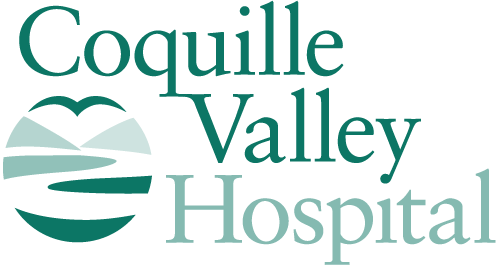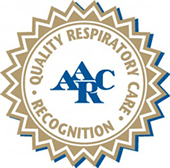Cardiopulmonary
Cardiopulmonary disease includes a range of disorders that affect the heart (cardio) and lungs (pulmonary). Our goal is to diagnose cardiopulmonary conditions and help our patients increase activity, endurance and independence, and develop a long-term maintenance program. With our state-of-the-art technology, we make it easy for patients to perform many tests in the comfort of their home. In addition to offering outpatient services, we provide cardiopulmonary services in the emergency room and as part of post-anesthesia recovery and medical-surgical care.

Cardiopulmonary Testing
We work closely with an Oregon-based, board-certified sleep physician to review testing data and provide fast turnaround (typically 5-7 business days) at a cost that is substantially less than out-of-state data evaluation. Learn more about our testing services:
Cardiopulmonary Conditions
Examples of cardiopulmonary conditions include Chronic Obstructive Pulmonary Disease (COPD), asthma, emphysema, chronic bronchitis and pulmonary fibrosis. Learn more about each of these conditions:
About Our Team & Preparing For Your Appointment
Please take a moment to review the following information prior to you appointment and learn more about our award-winning cardiopulmonary care team.
Cardiopulmonary Hours
- Appointments: Monday – Friday, 6 am – 6 pm
- Location: 940 E 5th St, Coquille, OR, 97423
- Directions: From Hwy 42, turn north onto N Central Blvd., turn east onto E 5th St; the hospital is on your left.
- Floor: 3rd
- Phone: 541-396-3101 Ext. 1064
- Fax: 541-824-3093



